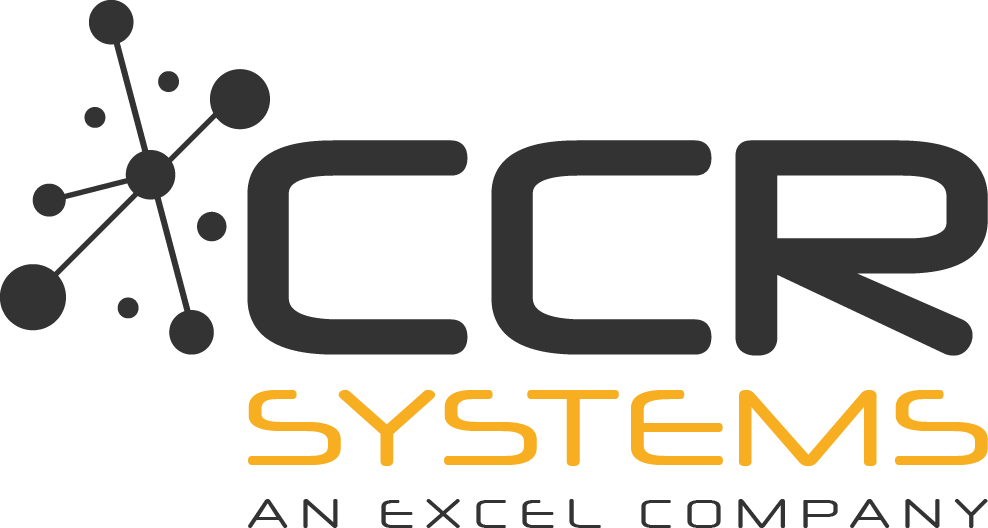In today’s fast-paced business environment, security stands as a paramount concern. Whether you’re protecting physical assets, sensitive data, or the well-being of your employees, the implementation of a robust access control system is non-negotiable.
As a trusted Access Control supplier of Paxton Access Control Systems, we at CCR Systems appreciate the significance of effectively securing your business. In this comprehensive guide, we’ll delve into the intricacies of access control for businesses, providing you with valuable insights and in-depth explanations of key terminology.
1. The Significance of Access Control for Business Security
Access control involves the careful management of individuals’ entry or exit from specific areas within a facility, as well as their access to sensitive information. It encompasses much more than just locks and keys; it’s about the intelligent control and monitoring of access. For businesses, this translates to safeguarding the physical premises, confidential data, and intellectual property from unauthorised access or exposure.
2. Selecting the Appropriate Access Control System
The selection of the right access control system is of paramount importance. Key considerations should include:
- Scalability: Does the system have the capability to grow in tandem with your business?
- Integration Options: How effectively can it integrate with other security systems?
- User-Friendliness: Is the system easy to manage and navigate?
A quality access control system excels in all these areas, making it a wise choice for businesses of all sizes.
3. The Benefits of Access Control Systems
Access control systems offer a range of benefits for businesses:
- Enhanced Security: Protect physical assets and sensitive data.
- Customisable Access Methods: Choose from cards, biometrics, PINs, and more.
- Streamlined Administration: Manage user permissions and monitor access with ease.
4. Access Control Trends in 2023
The landscape of access control is in a constant state of evolution. In 2023, noteworthy trends include:
- Mobile Access: The increasing use of mobile devices for secure access.
- Cloud-Based Solutions: Storing access data in the cloud for ease of access and management.
- AI Integration: Utilising AI for heightened security measures.
A modern access control system remains at the forefront of these trends, adapting to meet the evolving needs of businesses.
5. Case Studies and Success Stories
Real-life examples serve as powerful testimonies to the efficacy of access control systems. Explore how businesses, much like your own, have surmounted security challenges and enhanced their operations through these solutions. We aim to add some of our very own success stories to our website in the near future, so stay tuned.
6. Best Practices for Access Control
To optimise the efficiency of your access control system, implementing best practices is crucial. These include:
- Establishing Robust User Policies: Creating strong access policies.
- Regular Access Audits: Periodically reviewing and assessing access permissions.
- Integration with Other Security Measures: Coordinating access control with other security systems for comprehensive protection.
7. Common Access Control Mistakes and How to Avoid Them
Mistakes in access control implementation can be costly. To help you steer clear of potential pitfalls:
- Inadequate User Training: Ensure that personnel understand and follow access control procedures.
- Neglecting Updates and Maintenance: Regularly maintain and update your access control system to ensure optimal performance.
8. Cybersecurity and Access Control
With cyber threats on the rise, safeguarding access control systems against digital vulnerabilities is imperative. A modern access control system prioritises cybersecurity, providing robust measures to protect your system.
9. Access Control Compliance
Compliance with regulations such as GDPR or HIPAA is essential. A quality access control system offers features that assist in meeting these requirements, ensuring your business operates within legal frameworks.
10. Maintenance and Upkeep of Access Control Systems
Routine maintenance and updates are essential for maintaining peak system performance and security. Discover how a well-maintained access control system keeps your business secure.
11. Integration with Other Business Systems
Access control systems seamlessly integrate with other business systems, including time and attendance, video surveillance, and building automation. This convergence enhances both security and operational efficiency.
12. The Future of Access Control
The future of access control is replete with exciting possibilities. Stay informed about emerging technologies and how they can bolster your business’s security.
Conclusion
Access control stands as the linchpin of modern business security. A high-quality access control system, tailored to your business’s needs, ensures your assets, data, and personnel remain secure, compliant, and primed for the future. As your trusted Access Control supplier, we are committed to guiding you at every step of the way. Contact us today to discuss how we can help bolster your business’s security.
Key Takeaways from this Article
- Prioritise Security and Accessibility: Access control is essential for safeguarding your physical assets, sensitive data, and personnel. When choosing a system, focus on scalability, integration capabilities, and user-friendliness to ensure comprehensive protection.
- Embrace Best Practices: Regular maintenance, compliance with regulations, and the establishment of robust user policies are critical for the long-term effectiveness of your access control system. These practices ensure that your security measures remain strong and up-to-date.
- Stay Ahead with Emerging Trends: Embrace innovative trends such as mobile access and AI integration to keep your business at the forefront of security. These advancements not only enhance protection but also prepare your business for future challenges and opportunities in the evolving security landscape.
